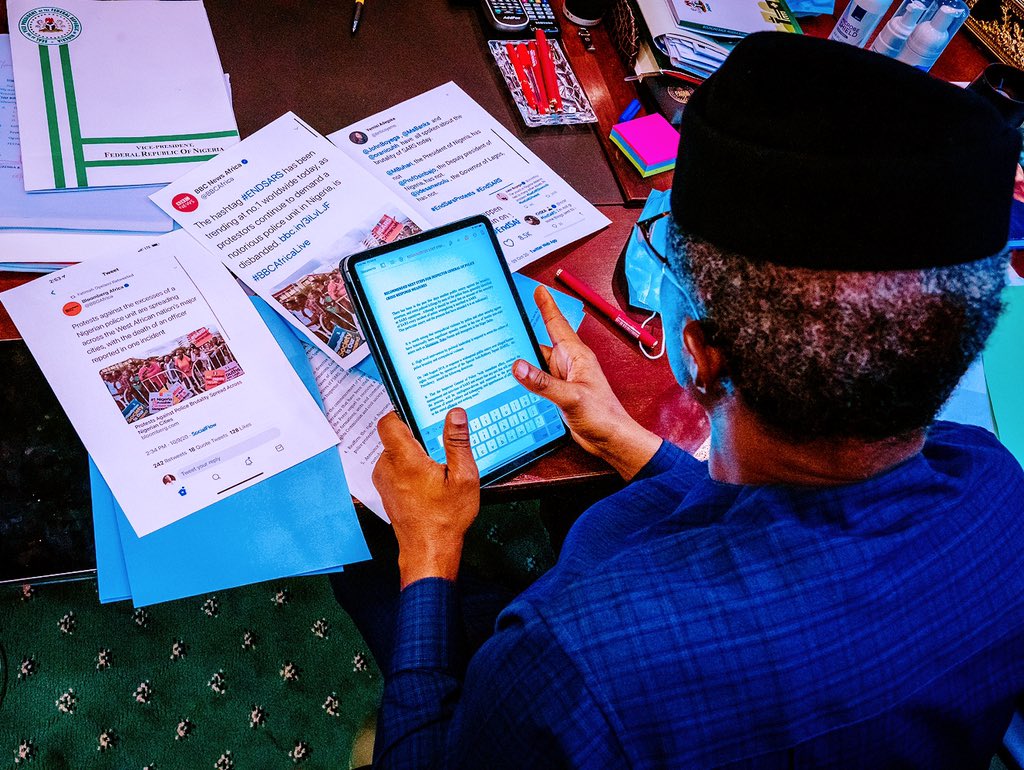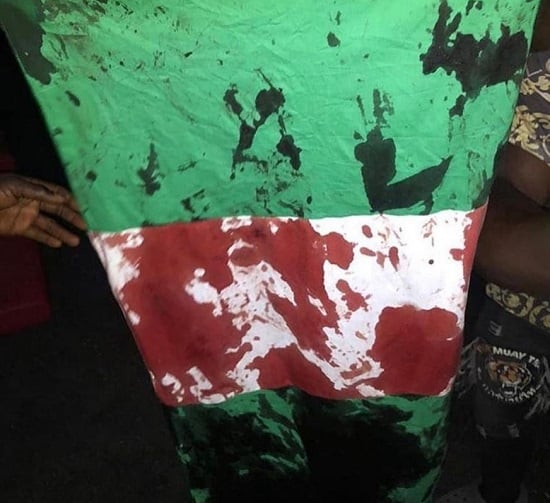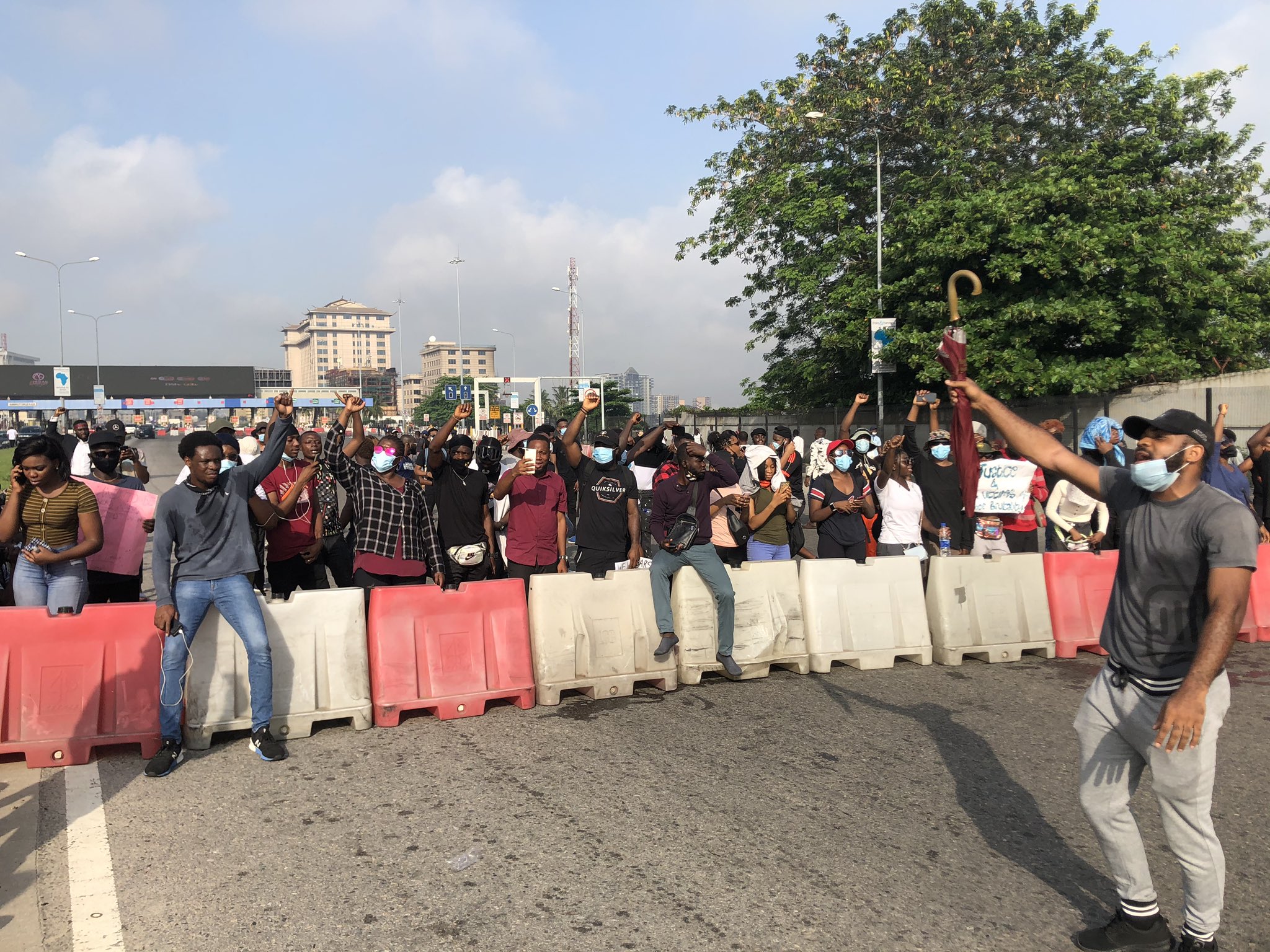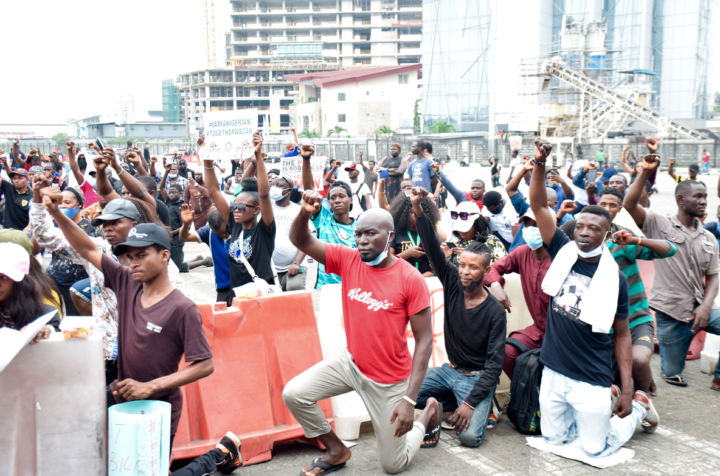Let’s do a recall. Not in the manner of Arnold Schwarzenegger in Total Recall. This isn’t about movies, macho men, pyrotechnics, stuntmen and individual invincibility and heroism but the real world. Tianamen Square, 1989. There was a massacre of young people who raised their voices against the communist system. The protest started on April 15, 1989, over reforms that had left the majority behind while profiting a few, and over corruption in the system and the legitimacy of government. At the height of the historical development, over one million young people, most of them students, were gathered at Tianamen Square. After declaring martial law on May 20, 1989, the authorities mobilized over 300,000 soldiers to march on the square and take out the students. The world saw horror as several thousands were dispatched to the other side of the divide.
But on June 5, 1989, an individual act of heroism dominated global attention. As a column of tanks was leaving the Square after their ignoble act, a young man dashed in front of the tank in the lead, and it stopped. Each time the tank tried to change direction, the man who remained nameless also changed position to move in front and the situation got stalemated. Surprisingly, the driver couldn’t bring himself to rolling over the lone ranger. The picture flashed across the world. It was the triumph of global television! The man got a nickname: the Tank Man.
Fast forward. Nigeria, 2020. The situation is not so much different from the socio-economic environment in China at the time except that that country has been able to overcome its economic problems to rate as one of the biggest economies of the world, if not the biggest. Social issues still remain but the economy is providing a cover.
Back to Nigeria, the economy is in bad shape and has been so even before COVID-19. Insecurity is pervasive and very brutal. Many more are falling into poverty and there is no succor from any direction. Students have been out of school with COVID-19 only serving as redeeming alibi for a government that has been unable to have reasonable discussions and agreement with ASUU. Graduates are on the streets as the few government jobs available are reserved for the connected and those with regional advantages. In fact, governance is in silence and only occasional media statements, sometimes, pompously abusive, give a little inkling of the music playing around the throne of mercy. Perhaps unable to understand this crushing load of discontent and disablement or simply venting sheer frustrations on innocent citizens, the police arm, SARS piled on the burden, summarily executing young Nigerians, and or treating them with unmitigated anger. In all this, the government remained silent.
Advertisement
The Nigerian youths, often described as lazy, woke up and are saying we aren’t having any of this anymore. Most of them were not born in 1989 and would have no idea of what happened at Tianamen Square. But injustice has a very strong, odoriferous colour and even the visually challenged can confirm this. An innocuous movement. A simple #EndSARS has spread across the nation, and the government understandably is confused. Although there is spontaneous outrage and gatherings across the land, the battle ground is largely cyberspace and virtual. In our rush for greed and wealth in this overwhelming environment of hunger games, we have least prepared for this kind of journey even if we knew a long time ago that it would come any day. We have underestimated the anger in the land; now we have to reap the backlash.
Unfortunately, this is not about global television anymore; this is virtual reality. This is telecommunications at work. Why would anyone let this kind of thing happen? I have often complained about the intransigence of our governments; now that intransigence has given birth to a child brimming with fire.
I tremble to think that the various authorities may not fathom the depth of what is happening in the country at the moment. Figures from the Nigerian Communications Commission (NCC) fill me with utter dread. By August 2020, there were 203, 529, 809 telecom subscribers on the various mobile networks, translating to a teledensity of 106. 62 per cent based on a population of 190m. This figure is quite fluid because the National Population Commission (NPC), in 2018, said the population of Nigeria was 198m. The UN data says the population would be 206, 139, 589 by mid 2020, while Worldometer says our population is 207, 743, 257.
Advertisement
Dear friends, can you see how fluid the figure is? No matter where you stand the population is substantial. Ordinarily one should be excited that the youths form sizeable chunk of this figure but this is becoming a nightmare. The reason being that a large number of the youthful population own mobile phones and the phones have become perfect tools for mobilization. Here is one area the country has done well, liberalizing the sector, and we cannot begin to flagellate ourselves for at least being able to do one thing right.
Furthermore, some figures from Statista indicate that smartphones in Nigeria are hovering between 25 and 40million, a figure that is projected to hit about 140million by 2025. The import is that these phones are in the hands of very young people who can literally do magic with a little data in their phones. In the past few days we have seen the beauty and the beast of telecommunications and methinks that more people would rather associate the development with beauty.
When I watch a good movie, I buy a copy for keeps. Just to build a little library. It helps to edit pressure and introduce some light. So, yesterday I sat down with a couple of my children to watch the film, Invictus, based on the book, Playing the Enemy, by John Carlin. Seeing that film again, tears welled up in my eyes but I didn’t want my children to see me cry just like that. At over 60, they would think that this episode of failure is too overwhelming to bear.
I know that Clint Eastwood directs great movies and that Matt Damon is a fantastic actor. That film is about knowledge, leadership and inspiration. The very qualities our youth are yearning for. One untold story is that while emerging from apartheid, one of the paths taken by South Africa for internal and external integration with the local communities and the rest of the world was through structured global and continental sporting events. Serious planning, no frivolities here. Rugby World in 1995. African Nations Cup 1996. Nigeria did not attend because of the spat between the two leaders, Gen, Sani Abacha and Nelson Mandela, the Mandiba. It was a terrible moment for our players. The FIFA World Cup in June/July, 2010.
Advertisement
South Africa was down the ladder and nobody expected the Springboks, their rugby team to proceed beyond the first round even as hosts. Then something happened. The president, Nelson Mandela (Morgan Freeman) reached out to the captain of the team, Francois Pienaar (Matt Damon) and struck a great friendship. In their first meeting while making Pienaar a cup of tea, Mandiba asked the rugby player: How do you inspire your team? The response wasn’t clear. Then he recommended the poem, Invictus, by Victorian era English poet, William Ernest Henley, to the player. “It helped me a lot in Robben Island,” the old man said.
The story in leadership begins, from the old man to a much younger generation. “For us to build a better nation, we all need to exceed our expectations,” Mandela would tell his captain. What Mandela demonstrated with his action is that performance is expected from all parties but leadership and inspiration come from the overall boss. Pienaar did, and South Africa won the Rugby World Cup and thus created a euphoric wave that cemented some level unity in the country.
The message from our youth is pungent and cogent. Leadership in our nation is not inspiring and nobody is pointing the way to the future. Their sense of mobilisation and organization delivers even a stronger message. They feed themselves, treat the wounded, help the underprivileged, and even clean up their environment after a long day’s work for their world. Clear message of leadership is being sent across.
The #EndSARS movement is a team without fixed address. Even if you break the mass gathering the dream may not be broken. The sound from the streets gives a different vibe. At the sound of the national anthem, Pienaar told his team mates, “Listen to your country. Listen to your destiny.” Mandela, at the end of the film, is taking the last verses of Invictus: “I am the Master of My Fate, I am the Captain of My Soul.”
Advertisement
This kind of leadership has not been available for our youths. And they are not asking for too much, other than a moment of zappy inspiration from a leader, just any leader but there is none. Instead, they are presented with a bifurcated crossroads, a future without reason and meaning. Now they have gotten inspiration by bandying together and, all of a sudden, the light is dimming on the dodos. They have reached out to the world and the world has responded very favorably. It is painful to admit that time has come to commence handover discussions with a younger generation which is armed with the language and technology, bestriding the world as a unipolar territory.
Advertisement
Views expressed by contributors are strictly personal and not of TheCable.
Add a comment





